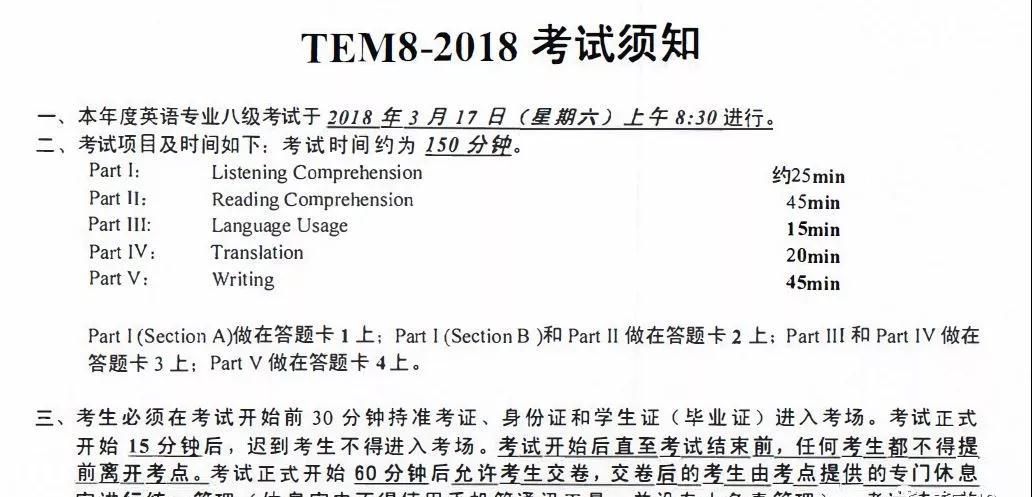2008年职称英语考试阅读理解习题(三十四)
|
Eat to Live A meager diet may give you health and long life, but it’s not much fun—and it might not even be necessary. We may be able to hang on to most of that youthful vigor even if we don’t start to diet until old age. Stephen Spindler and his colleagues from the University of California at Riverside have found that some of an elderly mouse’s liver genes can be made to behave as they did when the mouse was young simply by limiting its food for four weeks. The genetic rejuvenation won’t reverse other damage caused by time for the mouse, but could help its liver metabolize drugs or get rid of toxins. Spindler’s team fed three mice a normal diet for their whole lives, and fed another three on half-rations. Three more mice were switched from the normal diet to half-feed for a month when they were 34 months old—equivalent to about 70 human years. The researchers checked the activity of 11,000 genes from the mouse livers, and found that 46 changed with age in the normally fed mice. The changes were associated with things like inflammation and free radical production—probably bad news for mouse health. In the mice that had dieted all their lives, 27 of those 46 genes continued to behave like young genes. But the most surprising finding was that the mice that only started dieting in old age also benefited from 70 per cent of these gene changes. “This is the first indication that thee effects kick in pretty quickly,” says Huber Warner from the National Institute on Aging near Washington, D. C. No one yet knows if calorie works in people as it does in mice, bus Spindler is hopeful. “There’s attracting and tempting evidence out there that it will work,” he says. If it does work in people, there might be good reasons for rejuvenating the liver. As we get older, out bodies are les efficient at metabolizing drugs, for example. A brief period of time of dieting, says Spindler, could be enough to make sure a drug is effective. But Spindler isn’t sure the trade-off is worth it. “The mice get less disease, they live longer but they’re hungry,” he says. “Even seeing what a diet does, it’s still hard to go to a restaurant and say: ‘I can only eat half of that’.” Spindler hopes we soon won’t need to diet at all. His company, Life Span Genetics in California, is looking for drugs that have the effects of calorie restriction. 1. According to the passage, which of the following is NOT true? A. Eating less than usual might make us live longer. B. If we go on a diet when old, we may keep healthy. C. Dieting might not be needed. D. We have to begin dieting from childhood. 2. Why does the author mention an elderly mouse in paragraph 2? A. To describe the influence of old age on mice. B. To illustrate the effect of meager food on mice. C. To tell us how mice’s liver genes behave. D. To inform us of the process of metabolizing drugs. 3. What can be inferred about completely normally fed mice mentioned in the passage? A. They will not experience free radical production. B. They will experience more genetic rejuvenation in their lifetime. C. They have more old liver genes to behave like young genes. D. They are more likely to suffer from inflammation. 4.According to the author, which of the following most interested the researchers? A. The mice that started dieting in old age. B. 27 of those 46 old genes that continued to behave like young genes. C. Calorie restriction that works in people. D. Dieting that makes sure a drug is effective. 5.According to the last two paragraphs, Spindler believes that A. calorie restriction is very important to young people B. seeing the effect of a diet, people will eat less than normal. C. dieting is not a go0d method to give us health and a long life. D. drugs do not have the effects of calorie restriction. |








